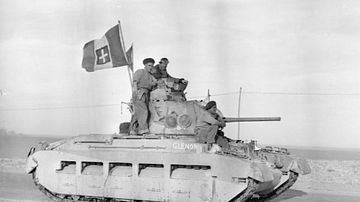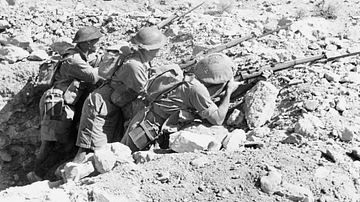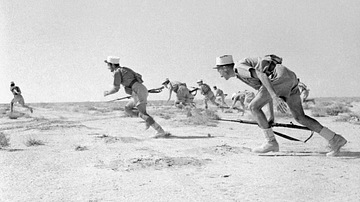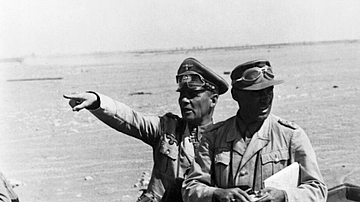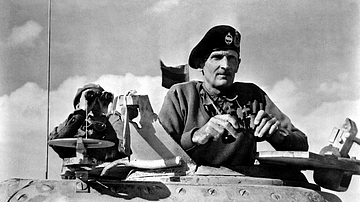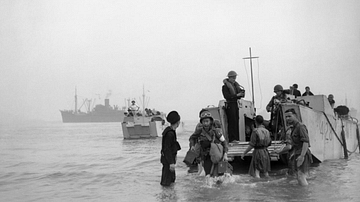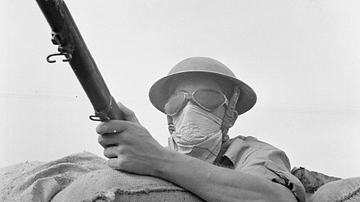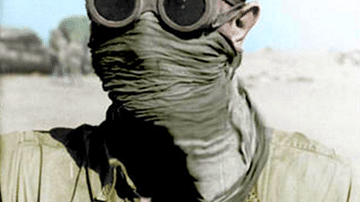From 1940 to 1943, the desert of North Africa became an important theatre of the Second World War (1939-45) since it was the only place the British Empire, standing alone, could directly fight on land the Axis powers of Germany and Italy.
Italian imperialist ambitions were easily quashed before Germany's Afrika Korps entered the arena as Adolf Hitler (1889-1945) sought to better protect the Mediterranean coast of Europe. Erwin Rommel (1891-1944) pushed the British, British Empire, and Free French troops all the way back to Egypt before Bernard Montgomery (1887-1976) reversed the tide at the Second Battle of El Alamein. The United States army tasted its first action of the war here and helped to deliver the definitive Allied victory in May 1943, a victory that allowed the Allies to invade Italy. In this collection, we examine the major battles, operations, and commanders of the campaign, and look at what life was like for the ordinary soldier in this most unforgiving of environments.
The desert theatre of war was unique for the almost total absence of civilian involvement; who else would choose to be here? The harsh conditions did ensure a certain camaraderie developed as everyone faced the double challenge of surviving the war and whatever the desert could throw at them.
